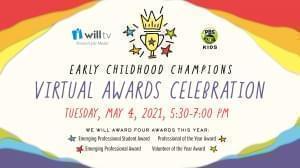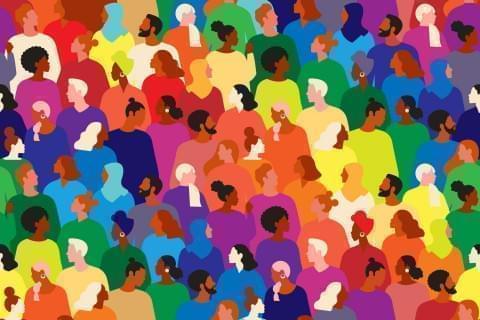The Experiences of Women in America: Resources for Early Childhood
Sexism in the United States has historically been linked to the experiences of women and girls and its effects include gendered stereotypes, tropes, and/or pre-defined roles, as well as historically lower pay, a lack of access to equal education or adequate healthcare, and underrepresentation in our political system. While these conversations can be complex—and often we don’t know where to begin—we believe beginning with our littlest ones can have the most long-term impact, both individually and as a society. We hope you will find the resources below helpful in finding a good jumping off point when it comes to talking to children about what it means to be a woman in America, celebrating their influence, experiences, contributions, leadership, and accomplishments.



